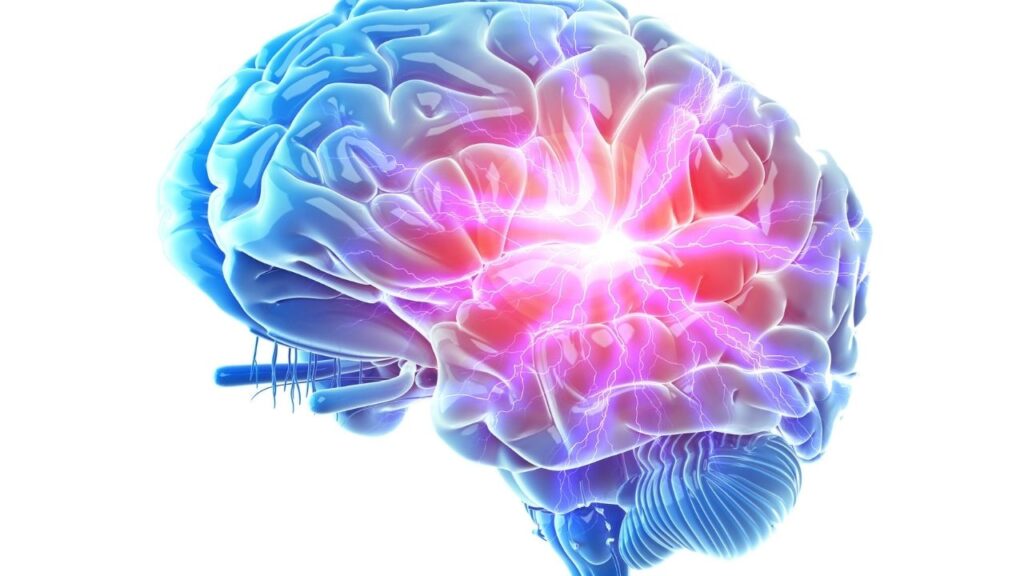How to Understand & Assess Your Mental Health
Mental health is the cornerstone of a balanced and fulfilling life. Understanding and evaluating your mental well-being can help you take charge of your emotional and psychological well-being, regardless of how well you’re doing. We’ll look at doable strategies in this book to help you assess your mental health and strive for a happier, healthier version of yourself.
Why Understanding Mental Health Matters
Being aware of your mental health is not merely a catchphrase; it is essential to have a meaningful life. Regularly evaluating your mental well-being helps you understand how your feelings, ideas, and actions affect your general wellbeing. This insight can enhance relationships, increase productivity, and avert major problems.
1. Start with Self-Reflection
Self-reflection is key to understanding mental health. Every day, set aside some time to assess your feelings, the thoughts that preoccupy you, and the way your body reacts to stress. You can gain insight into your mental health by asking questions like “Am I happy with my daily routine?” or “What triggers my stress?”
Daily JournalingTo find trends that might have an impact on your mental well-being, put your thoughts and feelings in writing.
Mindfulness Practices: To maintain emotional awareness, use mindfulness exercises like meditation.
2. Recognize the Signs of Mental Health Issues
To effectively managemental well-being issues, it’s critical to recognize their early warning signals. Chronic stress, impatience, retreat from loved ones, or trouble focusing are some indicators.
- Physical Symptoms: Digestion problems, exhaustion, or headaches may indicate underlying mental health issues.
- Emotional Symptoms: Constant melancholy, worry, or fluctuations in mood are additional warning signs.
You can begin your path to improved mental well-being by identifying these symptoms and knowing when to get help.

3. Use Mental Health Assessment Tools
Assessing your mental well-being is made simpler by modern techniques. Professional assessments, smartphone apps, and online tests can all offer insightful information.
• Mental health applications: To monitor your mood and evaluate your mental well-being over time, use applications like Calm or Headspace.
• Professional Screenings: A comprehensive picture of your mental well-being can be obtained through routine appointments with a therapist or counselor.
By using these resources, you may remain informed and proactive.
.
4. Build a Support System
Modern methods make it easier to evaluate your mental wellness. Online examinations, smartphone apps, and professional evaluations can all provide useful data.
• mental well-beingapps: Use apps like Calm or Headspace to track your mood and assess your mental well-being over time.
• Professional Screenings: Regular visits with a therapist or counselor can provide a thorough picture of your Mental wellness.
You may stay informed and proactive by making use of these resources.
5. Prioritize Physical Health for Mental Well-Being
Your physical and mental well-being are closely related. Better emotional stability can be achieved by practices like consistent exercise, a healthy diet, and adequate sleep.
• Engage in Regular Exercise: Exercise releases endorphins, which improve mental and emotional well-being.
• Consume Brain-Boosting Foods: For mental clarity, include foods high in vitamins, antioxidants, and omega-3 fatty acids.
• Create a Sleep Schedule: Getting enough sleep helps you stay mentally refreshed and increases your resilience.
You may naturally improve yourMental wellness by concentrating on your physical health.
6. Seek Professional Help When Needed
If you’re struggling to manage your Mental wellness alone, seeking professional assistance is a vital step.
- Therapists and Counselors: They offer tools to help you understand and assess your mental health comprehensively.
- Psychiatrists: For severe cases, medication and specialized care might be recommended.
Remember, reaching out for help is a sign of strength, not weakness.

7. Practice Gratitude and Positive Thinking
Gratitude shifts your perspective and improves Mental wellness
- Daily Gratitude Journal: Write three things you’re grateful for each day to foster a positive mindset.
- Affirmations: Use daily affirmations to boost your self-esteem and mental health.
8. Maintain Work-Life Balance
A healthy work-life balance is crucial for mental well-being. Isolation results from neglecting one’s personal life, whereas stress and burnout are caused by overworking.
• Set Boundaries: Develop the ability to decline assignments that are too much for you.
• Make downtime a priority by setting aside time for family, hobbies, and leisure.
Maintaining a balanced lifestyle helps you maintain mental well-being.
9. Develop Healthy Coping Mechanisms
How you handle life’s obstacles will determine how well your mental health holds up. Steer clear of bad habits, including substance abuse, procrastination, and overeating.
- Healthy Outlets: Channel your stress through art, exercise, or creative hobbies.
- Stress Management Techniques: Learn breathing exercises, yoga, or tai chi to manage mental health challenges effectively.
10. Regularly Reassess Your Mental wellness
Mental health isn’t static; it evolves over time. Regular assessments allow you to adapt and take proactive steps.
- Set Milestones: Check your Mental wellness weekly, monthly, or during major life events.
- Use Feedback: Gather input from loved ones or professionals to ensure an accurate assessment of your mental health.
Conclusion
One of the most empowering abilities you can acquire is the ability to recognize and evaluate your mental health. You open the door to a more satisfying existence by accepting self-reflection, identifying warning signs, and forming sustaining habits. Keep in mind that mental health is a process rather than a final goal; treat yourself with kindness as you develop and recover.
Take control of your mental well-being now and reap the rewards of having a healthy, optimistic perspective on life.